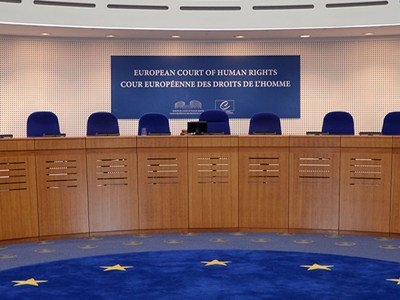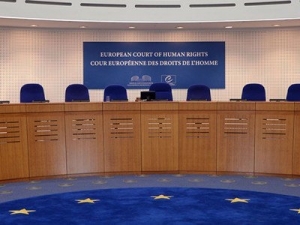ECHR Rules in Georgia's Favor Against Russia
PRESS RELEASE
The European Court of Human Rights delivered a Grand Chamber judgment concerning the question of just satisfaction (Article 41 of the European Convention on Human Rights), in the case of Georgia v. Russia (application no. 13255/07) at a public hearing on 31 January 2019 at 11.30 a.m. in the Human Rights Building, Strasbourg. The case concerned the existence of an administrative practice involving the arrest, detention and collective expulsion of Georgian nationals from the Russian Federation in the autumn of 2006.
By sixteen votes to one, the court ruled that Russia had to pay Georgia 10,000,000 euros (EUR) in respect of non-pecuniary damage suffered by a group of at least 1,500 Georgian nationals. The amount was ordered to be distributed to the individual victims by paying EUR 2,000 to the Georgian nationals who had been victims only of a violation of Article 4 of Protocol No. 4 (collective expulsion), and EUR 10,000 to EUR 15,000 to those among them who had also been victims of a violation of Article 5 § 1 (unlawful deprivation of liberty) and Article 3 (inhuman and degrading conditions of detention) of the European Convention on Human Rights, taking into account the length of their respective periods of detention.
In its judgment on the merits delivered on 3 July 2014 the Court had held that in the autumn of 2006 the Russian authorities had pursued a coordinated policy of arresting, detaining and expelling Georgian nationals which amounted to an administrative practice in breach of the Convention.
It had held, by a majority, that there had been a violation of Article 4 of Protocol No. 4 (prohibition of collective expulsions of aliens) to the European Convention on Human Rights; a violation of Article 5 § 1 (right to liberty and security); a violation of Article 5 § 4 (right to judicial review of detention); a violation of Article 3 (prohibition of inhuman or degrading treatment); a violation of Article 13 (right to an effective remedy) taken in conjunction with Article 5 § 1 and with Article 3; and a violation of Article 38 (obligation to furnish all necessary facilities for the effective conduct of investigations).
The Court had also held that there had been no violation of Article 8 (right to respect for private and family life), no violation of Article 1 of Protocol No. 7 (procedural safeguards relating to expulsion of aliens) and no violation of Articles 1 and 2 of Protocol No. 1 (protection of property and right to education).
The Court had held, lastly, that the question of the application of Article 41 of the Convention was not ready for decision and had reserved it.
For more information, see the full press release here.
Source: Council of Europe












